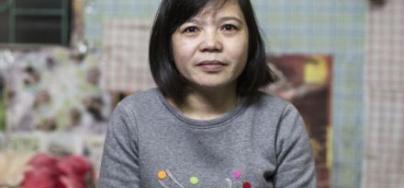
pauvreté
-
 16 January 2017
16 January 2017 -

Hitting the target: an agenda for aid in times of extreme inequality
7 April 2019 -

Prescription for poverty
17 September 2018 -

Drug companies dodging billions in tax: help stop women and girls paying the price
17 September 2018 -

About the campaign
20 June 2018 -

Reward work, not wealth
22 January 2018 -

“One pair of shoes that we make is valued more than our whole month’s salary”
12 January 2018 -

Stopping the Scandals: five ways governments can end tax avoidance
8 November 2017 -

Empowering women farmers to end hunger and poverty
12 October 2017 -

Why the majority of the world’s poor are women
2 March 2017